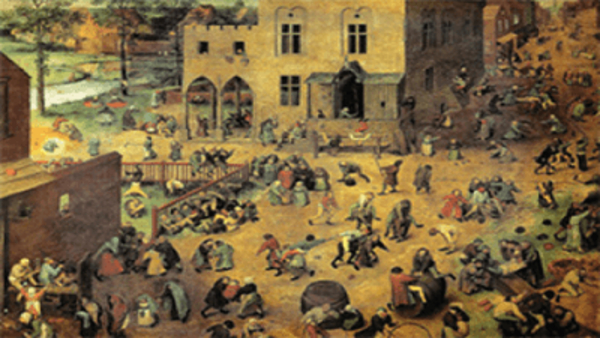Price:
6612 EUR
Contact
Stanford University
Description
Popularized by movies such as "A Beautiful Mind," game theory is the mathematical modeling of strategic interaction among rational (and irrational) agents. Beyond what we call `games' in common language, such as chess, poker, soccer, etc., it includes the modeling of conflict among nations, political campaigns, competition among firms, and trading behavior in markets such as the NYSE. How could you begin to model keyword auctions, and peer to peer file-sharing networks, without accounting for the incentives of the people using them? The course will provide the basics: representing games and strategies, the extensive form (which computer scientists call game trees), Bayesian games (modeling things like auctions), repeated and stochastic games, and more. We'll include a variety of examples including classic games and a few applications.
You can find a full syllabus and description of the course here: http://web.stanford.edu/~jacksonm/GTOC-Syllabus.html
There is also an advanced follow-up course to this one, for people already familiar with game theory: https://www.coursera.org/learn/gametheory2/
You can find an introductory video here: http://web.stanford.edu/~jacksonm/Intro_Networks.mp4
Specific details
Category of Education
Business and Economics
